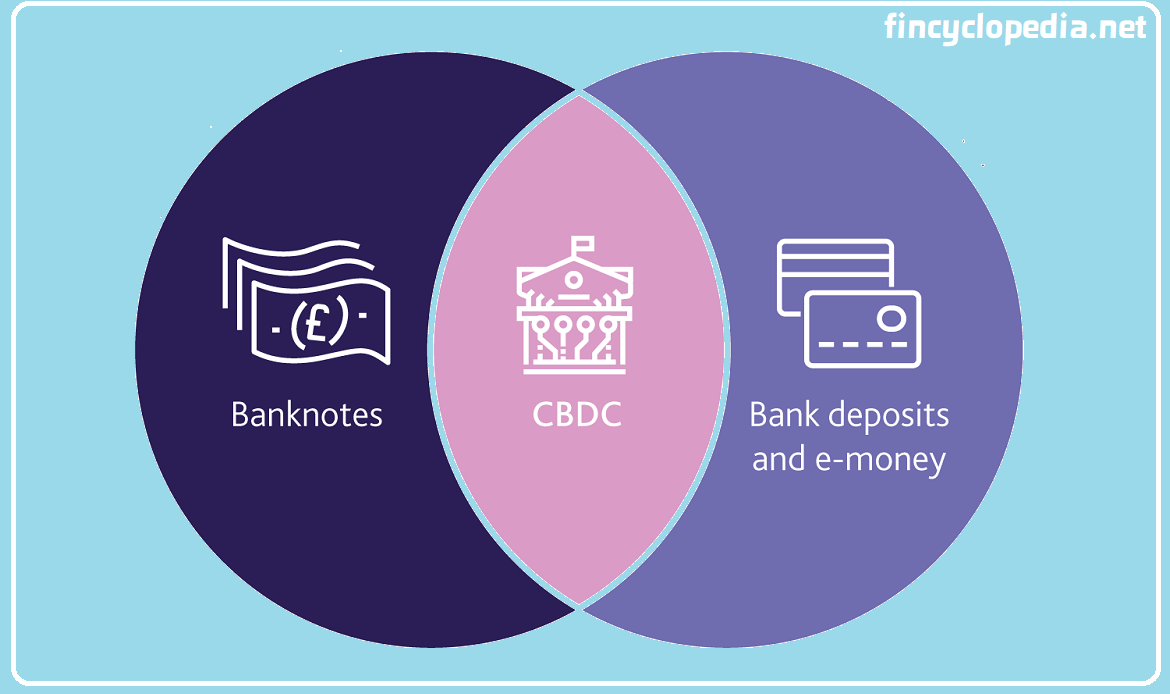The interest rate that banks incur and pay to borrow funds from other banks in the money market overnight (interbank overnight loans). It is also defined as the interest rate that a central bank will charge commercial banks (operating in its own jurisdiction) for very short term loans.
In setting their own interest rates for borrowing, the rates charged by commercial banks on loans extended and deposits mobilized are principally affected by the cash rate. Central banks use cash rates as a means by which consumer spending is controlled (encouraged or discouraged), depending on economic situation in a country.
Broadly speaking, the cash rate represents the interest that banks and lenders charge on the money borrowed. In their banking business, money flows between and amongst banks, using the cash rate as the interest paid on such amounts.
The cash rate is sometimes referred to as the overnight money market interest rate, as money between banks are transferred and processed overnight, and the cash rate reflects the interest that must be charged or paid on this money.
The cash rate is also known as the bank rate or the base interest rate.






